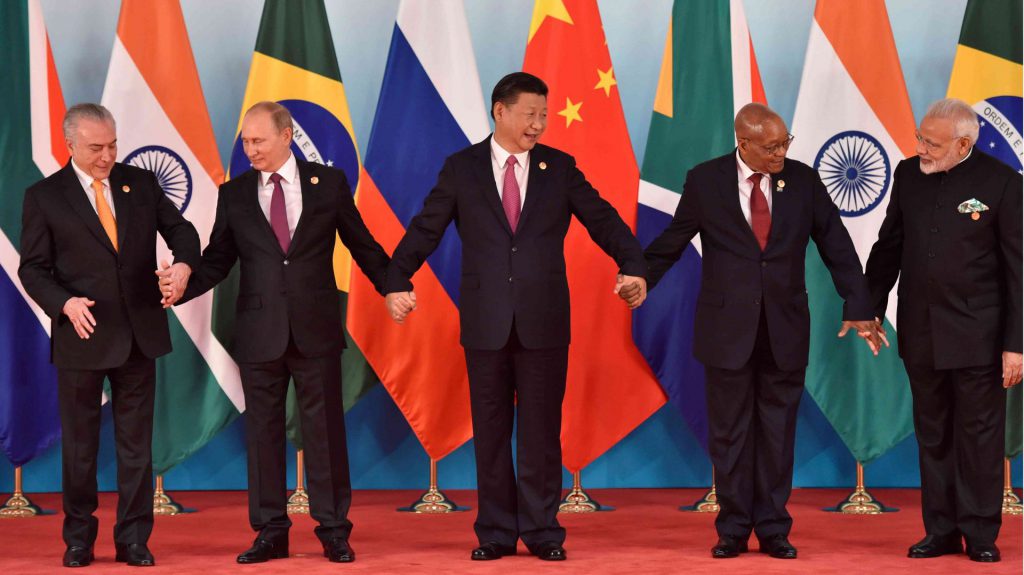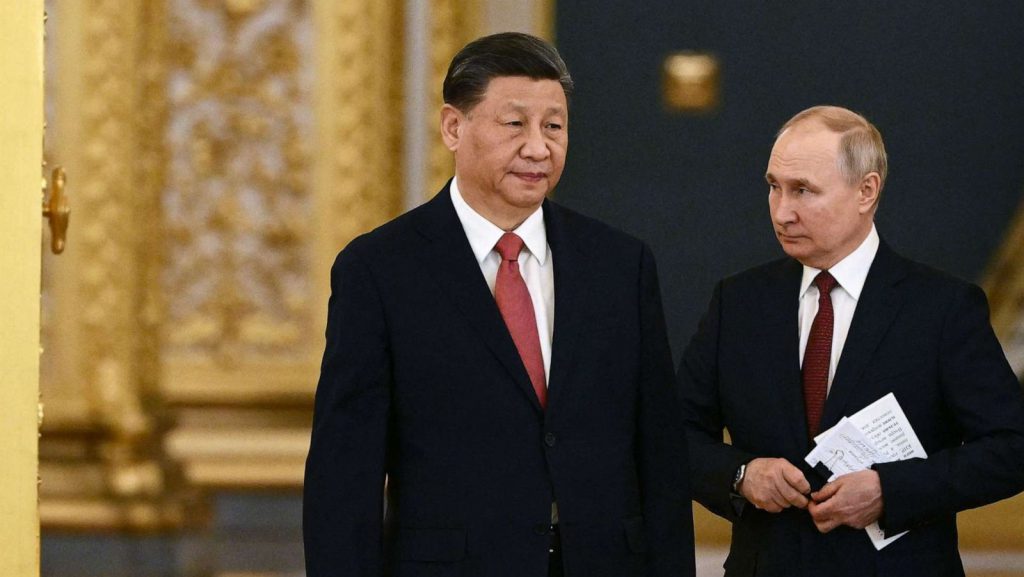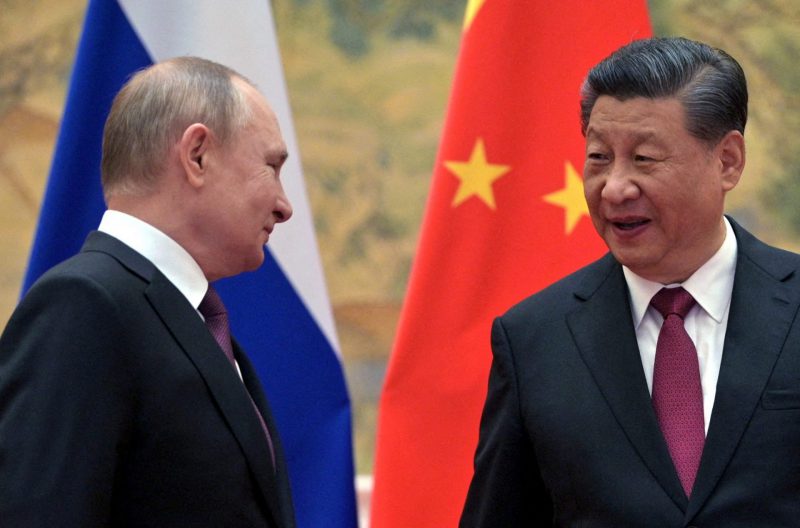The economic bloc has embraced an attempt to challenge the global power balance. Yet, there is a reality in which Russia and China’s BRICS could fail in competition with the West. Moreover, does that fate seem more likely than the collectives continuing to rise to dominance?
The economic bloc was first founded in 2009 but has seen growing prominence in recent months. In part because of Western sanctions placed on Russia, driving it into isolation, and the falling relevance of the US dollar. Yet, could its continued growth assure a victory over the established Western power?
Why BRICS Could Ultimately Fail


The original concept of the BRIC nations began as a kind of marketing plow. Derived from Goldman Sachs championing international growth from a collective of countries in 2001. Subsequently speaking into existence an economic bloc that would not officially form for another nine years.
Now, the BRICS nations have seen an undeniable rise in prominence. Undoubtedly, its de-dollarization efforts have driven its popularity on a global scale. Moreover, with 20 countries submitting membership requests, it is clear that the world has grown tired of the prominence of the West.
However, the growth of Russia and China’s BRICS bloc could lead it to fail in competition with the West. Why? Well, primarily because the hatred of Western dominance may not be enough to do away with the systems it has developed.


Conflict within the bloc has long been discussed as the greatest facet holding back the collective. China and India have long been rivals, with the latter attempting to create a Chinese alternative in the manufacturing sector. Thus, where China attempts to use the bloc to promote its own interests, India will stand against that growth.
That reality gets even more concerning when you consider the growth of the bloc. Saudi Arabia and Iran both seek entry but have a similar relationship with India and the Chinese. Moreover, de-dollarization efforts have been fully embraced, but how difficult could the process actually become?
If Brazil executes a trade with China in the yuan or renminbi, what does it do with those funds? Moreover, it maintains debt in US dollars, and it constantly purchases manufacturing equipment from Japan. Thus, the country needs both of those national currencies, and that does not include its other global trade interests.
The Issue of Influence


China’s One Belt, One Road initiative has granted it tremendous influence. Specifically, it has invested in more than 150 countries across the globe. Now, how will that country take to them offering that very influence across the BRICS bloc?
Additionally, the entire premise of the BRICS collective is not a revolutionary idea. Hugo Chaves and Fidel Castro once developed a collective called ALBA (the Bolivarian Alliance for the Peoples of America). This bloc promised Latin American integration and reached out to Russia and China to help.
Alternatively, both Russia and China utilized their influence to ensure that ALBA could not grow beyond them. Moreover, its arrival called for the euro to replace the US dollar, much like today’s call for the yuan. However, when it truly mattered, the US dollar provided a necessary safety net.
Conclusively, the BRICS bloc undoubtedly has obstacles before them. Yet, these aren’t small squabbles but systematic developments that have brought the US dollar and the West to their current position. Could things change? absolutely. But the truth is that the BRICS must first change and evolve, and whether they will or not could eventually spell their fate.





